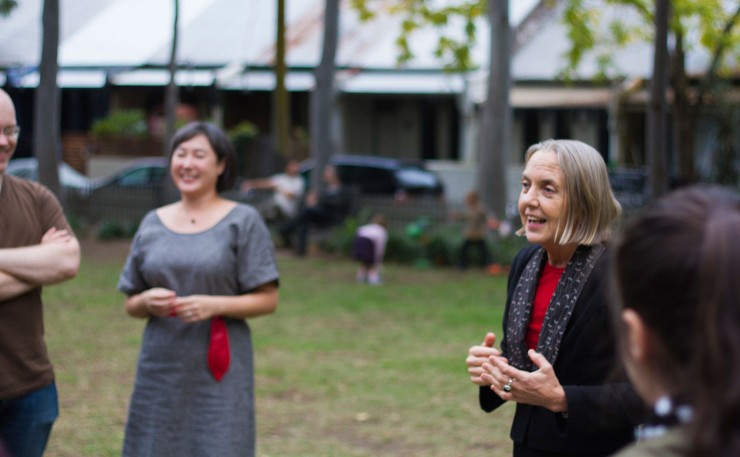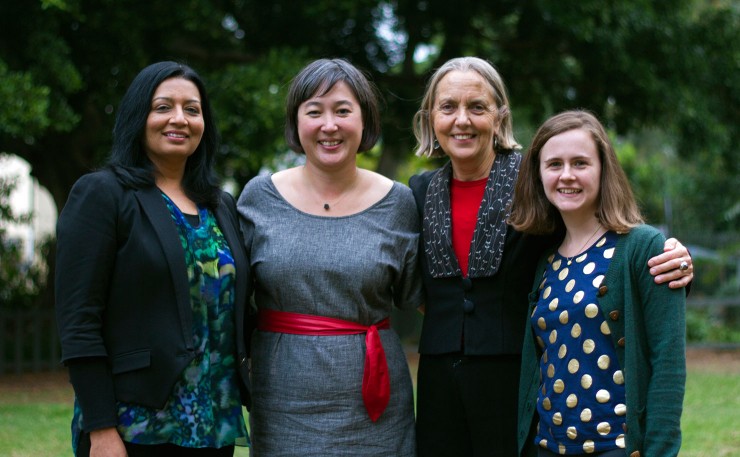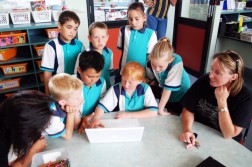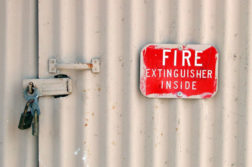A reshuffle of portfolios in the Federal Greens has ruffled feathers in the party, with Senator Lee Rhiannon stripped of her higher education portfolio, causing younger voices in NSW to speak out about the reallocation of the prime position.
As Canberra was thrown into chaos by Malcolm Turnbull’s successful challenge for the Liberal leadership, the Greens announced their own internal changes, forced by the retirement and replacement of former leader Christine Milne and South Australian Senator Penny Wright.
Despite playing a prominent role in the push-back against Education Minister Christopher Pyne’s attempts to deregulate the higher education sector, Rhiannon has lost the portfolio to New South Australian Senator-designate Robert Simms, who has also received the high profile LGBTI and Marriage Equality roles.
Both higher education and marriage equality are major campaign issues for the party, and the prominence they will bring is expected to help Simms, who faces a difficult battle to retain the Greens’ second spot in South Australia at the next election.
New Matilda understands the ultimate responsibility for redistributing portfolios lies with Greens leader Richard Di Natale, and that MPs were informed of the final changes at a party room meeting on Tuesday morning.
Though declining to answer specific questions, a spokesperson for Di Natale told New Matilda: “Portfolios are redistributed whenever we have new MPs and they’re agreed to by the Party Room”.
One NSW Greens insider told New Matilda the change had come as a “complete surprise” and labelled it as “baffling” given the links Rhiannon had built with unions and students during the course of the anti-deregulation campaign.
Both the National Tertiary Education Union and the National Union of Students thanked Rhiannon for her work in the area.
Sad to see @leerhiannon moving out of higher ed, she’s been an amazing support to NUS. @NUS_President
— Hannah Smith (@NUS_Education) September 15, 2015
Young Greens in NSW vented about the decision on social media.
“The NSW Young Greens would also like to object more broadly to the manner in which portfolios are chosen in the Australian Greens Party Room,” the group said on its Facebook page. “We object to the authoritarian nature of having the parliamentary “leader” have the final say on portfolios. We object to the lack of consultation with members, and the inability we have, as members to object to changes.
“As a grassroots party, we believe that members should have input into all decisions.”
Rhiannon’s office declined to comment on Tuesday, but later issued a statement that pointed to the fight against deregulation and the establishment of a Senate Inquiry into for-profit vocational education providers as key achievements.
“It has been an honour to advocate Greens policy on tertiary, technical and further education for the past five years,” Rhiannon said in a statement.

The changes come at a vital time for the party, with seven of their 11 MPs up for re-election at the next federal poll, including leader Di Natale as well as co-deputy Larissa Waters. Rhiannon faces her own fight in NSW, where the Greens failed to win a spot at the 2013 election.
The final demise of Tony Abbott is not likely to make their job any easier.
With Milne and Wright making way to help Simms and Tasmanian Nick McKim get a footing in the Senate before they face an election, the Party Room has shifted to a male majority.
Men now hold portfolios including prime minister and cabinet, health, foreign affairs, treasury, employment and workplace relations, finance, trade, defence, attorney general, schools, higher education, and LGBTI and marriage equality.
“Both men and women have handed over and taken up portfolios this time,” a spokesperson for Di Natale said.
“We’re proud to have women responsible for so many key portfolios like climate change, immigration, democracy, infrastructure and social services.”
Donate To New Matilda
New Matilda is a small, independent media outlet. We survive through reader contributions, and never losing a lawsuit. If you got something from this article, giving something back helps us to continue speaking truth to power. Every little bit counts.




